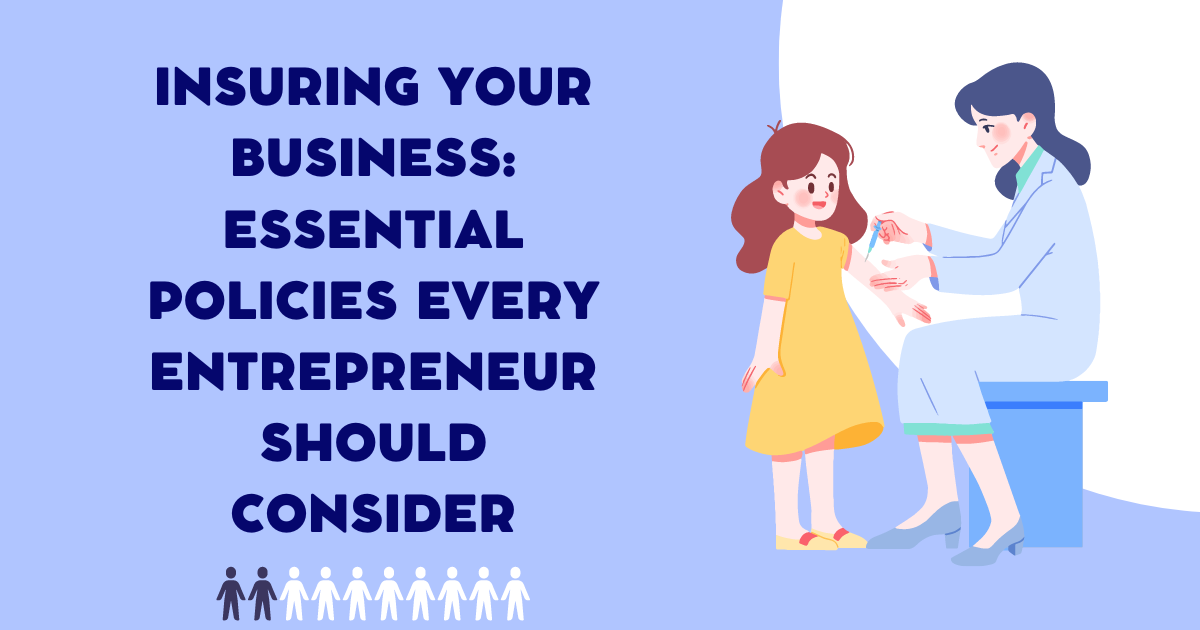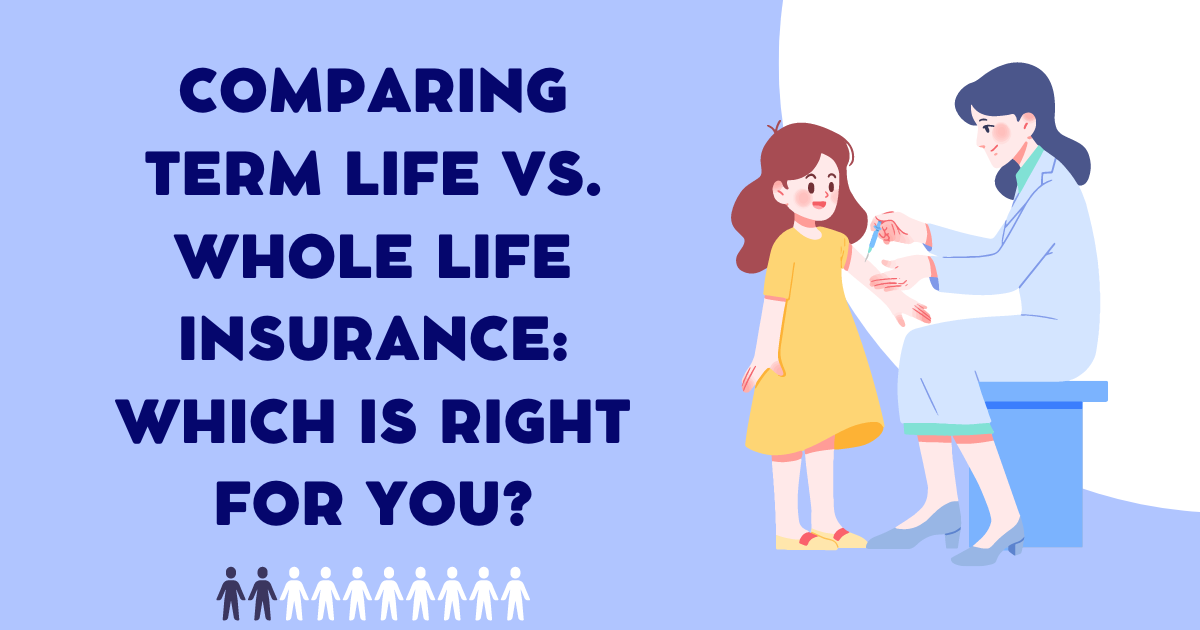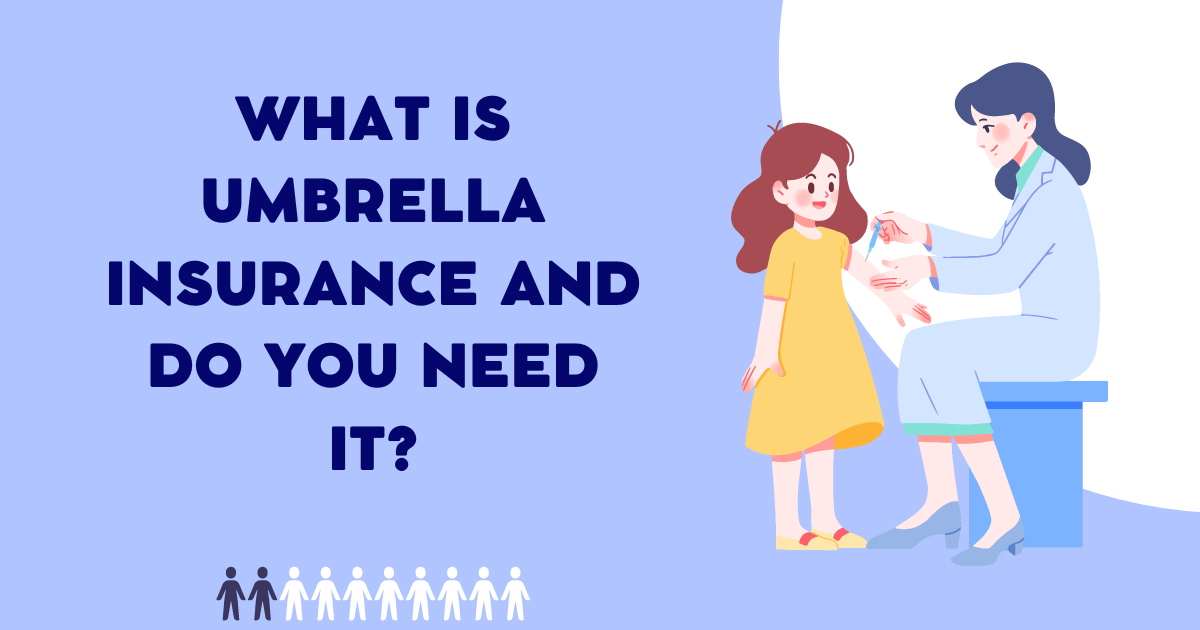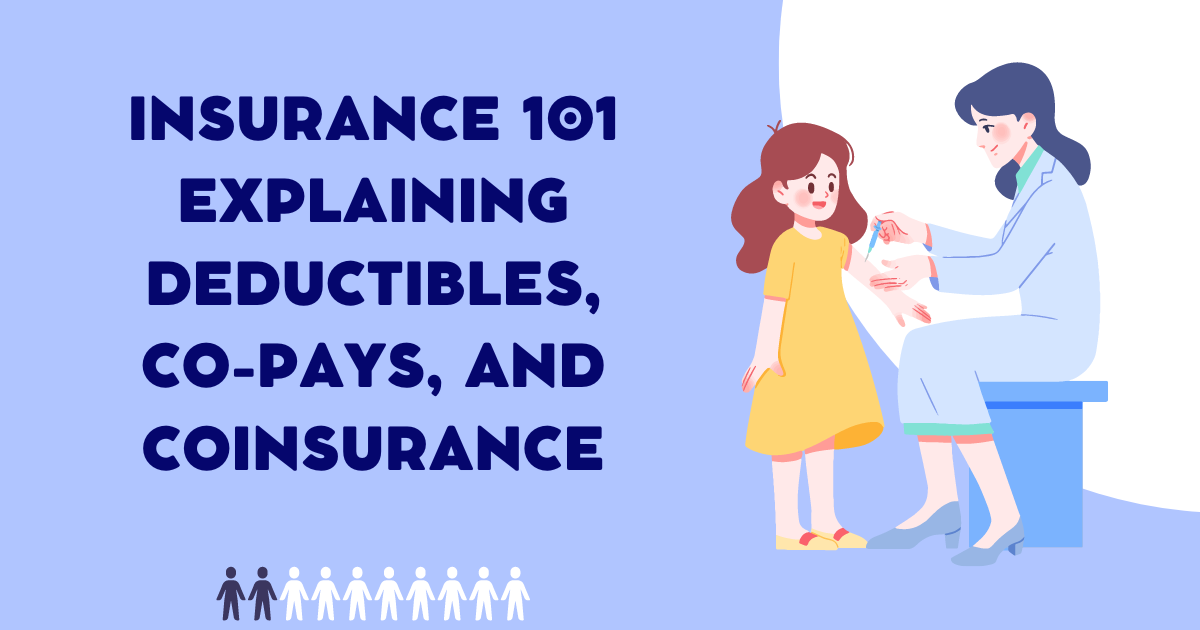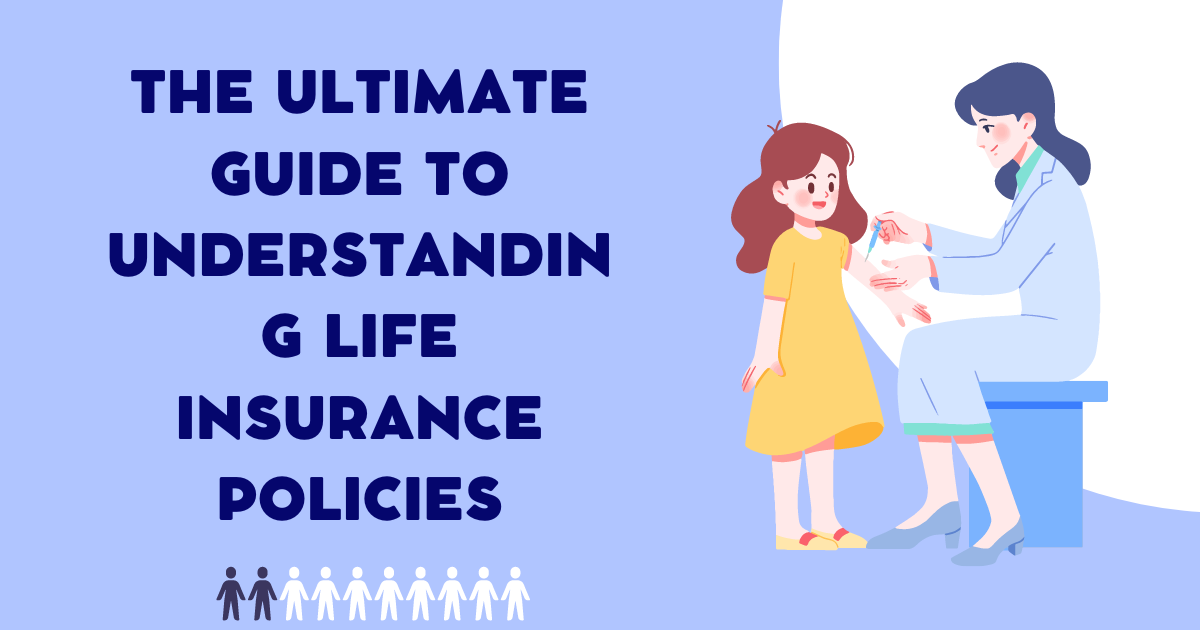What Is Umbrella Insurance and Do You Need It?
Introduction:
Umbrella insurance is a supplemental form of liability coverage that goes beyond the limits of your existing insurance policies, such as auto or homeowners insurance. While it may seem like an unnecessary expense at first glance, umbrella insurance can provide crucial protection in situations where your standard policies fall short. In this article, we’ll delve into what umbrella insurance is, how it works, and whether you might need it to safeguard your financial well-being.
Understanding Umbrella Insurance:
Definition: Umbrella insurance is an additional liability insurance policy that provides coverage above and beyond the limits of your primary insurance policies.
Coverage Scope: It offers protection against claims and lawsuits involving bodily injury, property damage, libel, slander, and other personal liability incidents.
Comprehensive Protection: Umbrella insurance can help protect your assets, savings, and future earnings in the event of a costly lawsuit or judgment that exceeds the limits of your primary insurance policies.
How Umbrella Insurance Works:
Excess Liability Coverage: Umbrella insurance kicks in once the limits of your underlying policies, such as auto or homeowners insurance, have been exhausted.
High Limits: Umbrella policies typically offer high coverage limits, ranging from $1 million to $5 million or more, providing substantial financial protection.
Legal Defense Costs: In addition to covering damages, umbrella insurance often includes coverage for legal defense costs, including attorney fees and court expenses.
Who Might Benefit from Umbrella Insurance:
Homeowners: Individuals who own property or have significant assets are at risk of lawsuits resulting from accidents or injuries that occur on their premises.
High-Net-Worth Individuals: Wealthy individuals with substantial assets, investments, or businesses may face higher liability risks and benefit from the added protection of umbrella insurance.
Professionals: Doctors, lawyers, and other professionals with high earning potentials are susceptible to lawsuits seeking damages beyond their primary insurance coverage.
Situations Where Umbrella Insurance Can Provide Protection:
Serious Accidents: Car accidents resulting in severe injuries or fatalities can lead to substantial liability claims that exceed auto insurance limits.
Property Damage: Accidental damage to third-party property, such as a neighbor’s home or vehicle, could result in costly lawsuits.
Personal Injury Claims: Allegations of defamation, invasion of privacy, or other personal injury claims may necessitate legal defense and financial compensation.
Factors to Consider When Deciding If You Need Umbrella Insurance:
Asset Value: Assess the value of your assets, including savings, investments, real estate, and future income potential, to determine your exposure to liability risks.
Lifestyle and Activities: Consider your lifestyle, hobbies, and activities that may increase your likelihood of facing liability claims, such as owning a pool or participating in sports.
Cost-Benefit Analysis: Evaluate the cost of umbrella insurance premiums against the potential financial consequences of a lawsuit, weighing the added peace of mind and protection it provides.
Conclusion:
Umbrella insurance offers an extra layer of protection against catastrophic liability claims that exceed the limits of your primary insurance policies. While not everyone may need umbrella insurance, individuals with significant assets or high liability risks can benefit from the added financial security it provides. Assess your personal circumstances, consult with an insurance professional, and weigh the potential risks and benefits to determine whether umbrella insurance is right for you.


